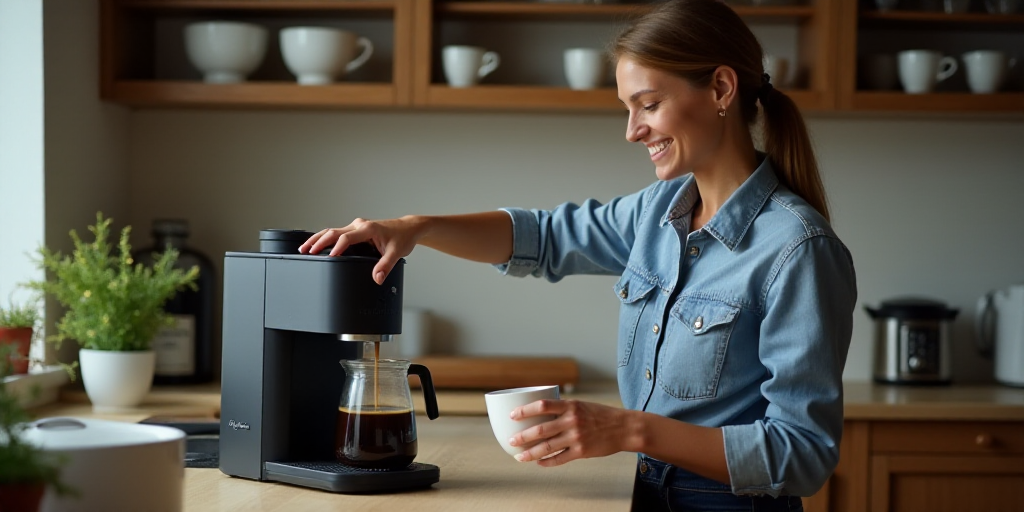The Benefits of Offering Alcoholic Beverages
Cafés have become a versatile and attractive business model, ranging from themed establishments to cafes-for-takeaway and specialty coffee shops. Adding alcoholic beverages, such as carajillos or espresso martinis, can serve as a strategy to boost sales. According to Gerardo Soria, an expert in governmental relations, incorporating these drinks can increase revenue by 12% to 25%. However, it’s crucial to have the proper licenses and permits to avoid fines, closures, and loss of customers.
Who is Gerardo Soria?
Gerardo Soria is a renowned expert in governmental relations, providing insights into the complexities of obtaining licenses for cafés that wish to sell alcoholic beverages. His expertise is vital for café owners looking to expand their offerings and maximize profits.
Licenses and Permit Requirements
Selling alcoholic beverages necessitates obtaining the appropriate licenses, which can be municipal or state-level and depend on the size and nature of the business. While opening a café generally involves minimal paperwork, securing permits for alcohol sales is essential to prevent penalties or business closure.
Legal Variations by State
Soria highlighted that alcohol sale regulations vary by state, emphasizing the importance of understanding local laws when expanding a business to another state. He spoke during the “Alcohol Sale Permits for Cafés” panel at ExpoCafé, held September 4-6 in Mexico City’s WTC.
Maintaining Café Identity
Soria advised café owners to avoid transforming their establishments into bars, suggesting limiting alcoholic drink offerings to two or three per customer to preserve brand image and client experience.
Dark Kitchens: Special Considerations
Soria explained that dark kitchens, or home-based businesses delivering alcoholic beverages, do not currently require additional permits due to their recent emergence. However, he recommended obtaining a license to avoid potential issues with authorities regarding delivery personnel.
License Types and Costs
Soria outlined different license types: those for sealed container sales, typically sought by convenience stores, and open container licenses for on-site consumption, applicable to cafés. Licenses are categorized as low (under 6% alcohol) and high (over 6%) graduation.
Costs vary by entity, ranging from 1,200 to over a million pesos for high-graduation licenses in states like Guanajuato and Sonora for bars and nightclubs.
Required Documentation
- Written application
- Proof of residence
- Official identification (INE)
- Merchant operating license
- Land use permit
- Civil protection
- Sanitation courses (in some entities)
- Sanitation license from Cofepris
- SAT electronic signature for food and restaurant businesses
- Predial bill
Licenses in Mexico City
According to the Merchant Establishment Law in Mexico City, only two business types can sell alcoholic beverages: those with zonal impact (e.g., party venues, bars) and those with neighborhood impact (e.g., restaurants, cafés, hotels).
The license fee for a restaurant is typically 10,471 pesos for the first 50 square meters, excluding parking. Additional fees apply for areas between 50 and 100 square meters.
Importance of Proper Licensing
Soria emphasized that a proper alcohol license is not just an investment for increased sales but also a security measure. Selling without permission puts a business at risk of losing customers, incurring fines, and suffering reputational damage.






